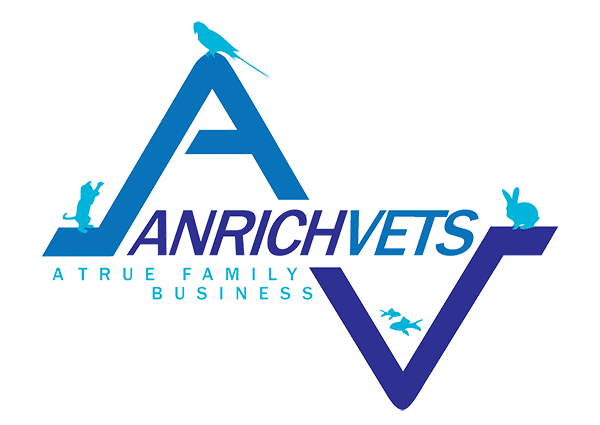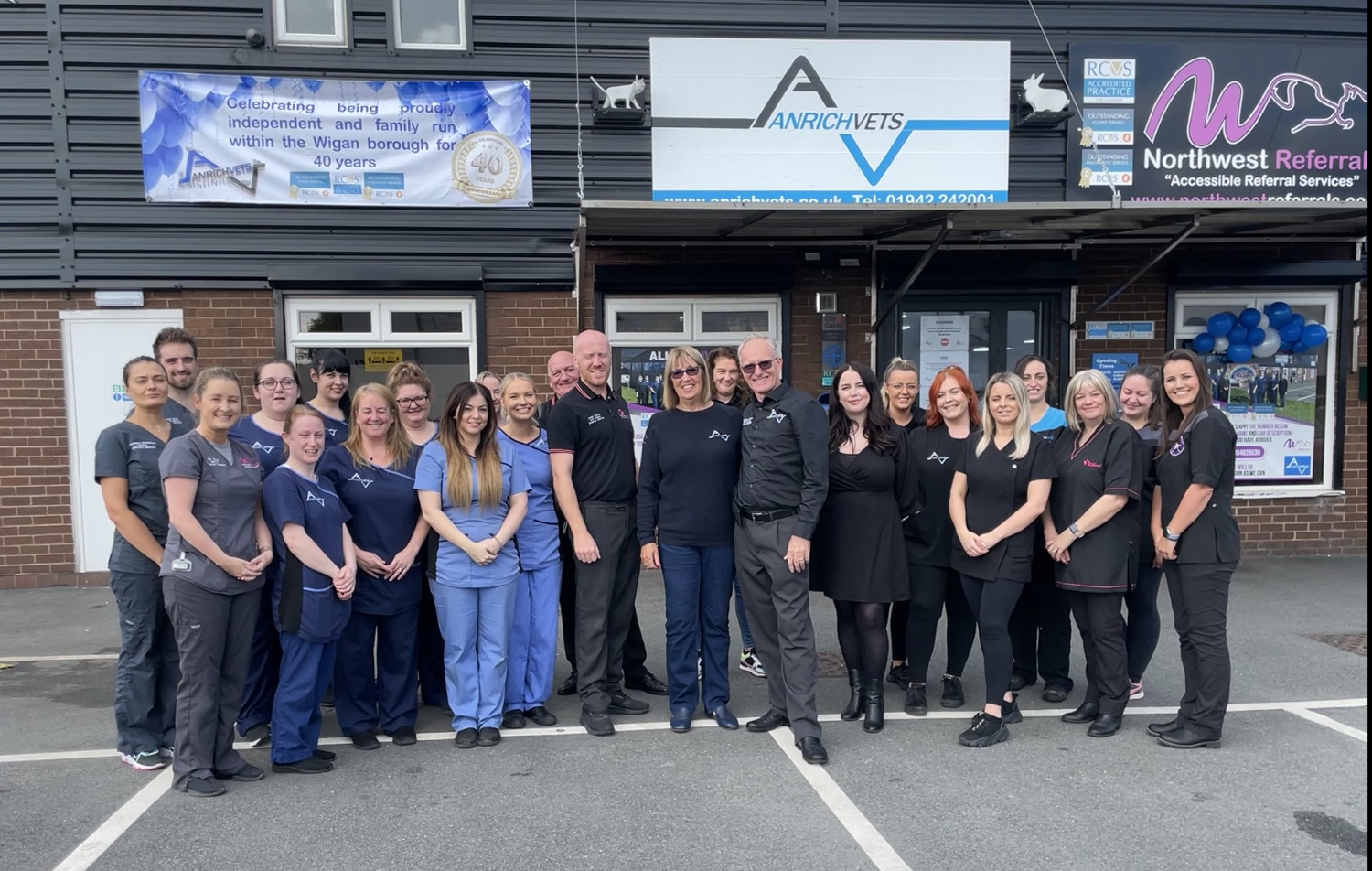In this blog we will be discussing the role of the Veterinarian- what is a veterinarian and what do they do? Unlike human doctors, veterinarians are unable communicate with their patients and therefore rely on presenting signs, patient demeanour, laboratory results and diagnostic imaging combined to diagnose their patient. The Veterinarian is also responsible for the treatment of their patients, including prescribing medication and also performing surgery if required. Follow this blog post to find out the different types of veterinarians and what they do.
What is a Veterinarian?
A Veterinarian is the Doctor equivalent for the animal population. Veterinarians; also known as vet or veterinary surgeon, have over the course of 5 years at university developed the skills diagnose illness using medicine and diagnostic imaging combined with their knowledge to dictate the cause of illness.
Most Veterinarians have studied for a minimum of 5 years at university to qualify as a doctor in veterinary medicine. Each year including lecture hours, written and physical exams and countless hours on rotation seeing various different types of veterinary practice. When seeing practice, veterinary students must cover all species and will volunteer at both small and large animal hospitals.
Once a veterinarian has qualified from university they can then choose their area of interest and specialise if needed. UK Veterinarians are governed by the Royal College of Veterinary Surgeons (RCVS) and once qualified must sign the register. The RCVS is an external body who regulate the profession. They set the standard for UK Veterinary Care ensuring that all registrants endeavour to conduct themselves in a professional manor, ensuring the welfare of all animals in their care. All UK practising veterinary professionals must sign the register annually- this includes an annual fee and a minimum of 35 hours CPD to continue their studies in up to date research.
Types of Veterinarians
As we discussed earlier, once qualified a veterinarian can then decide what their area of work will be. Some vets may choose the small animal route, known as companion animal vets whereas others may choose to work with large animals; equine and farm animals. We will now discuss the various routes and what their role includes.
Small Animal Vets
The most popular route that newest graduate vets take is the small animal path. These vets are responsible for cats, dogs, rabbits and other household species. These vets are on the front line for all companion pets and are responsible for their care and treatment. The role of the small animal vet is diverse from initial consultations, taking lab samples, x-rays, and even performing surgery. A large portion of small animal vets work includes preventative treatments, their role includes educating clients, administering vaccinations, providing flea and worm treatment and ensuring that all pets are in tip top shape.
Equine and Large Animal Vets
Once qualified as a doctor of veterinary medicine, some vets may choose the career path of equine and large animal vets. The initial degree covers equine and large animal studies but these vets must choose to study this further. Additional qualifications will need to be obtained to work with large animals and some vets may choose an internship or residency to pursue this career. Day to day life for large animal vets includes consultations.
Marine Vet
Similar to equine and large animal vets, further qualifications and studying is required to become a marine vet. These vets are responsible for marine life including fish, seals, turtles and other marine wildlife. This requires further studying through qualifications and other routes include internships in the field of work.
Veterinary Specialists
Veterinary specialists are vets who have advanced training in different fields of the profession. These are usually medical and surgical disciplines that are board certified. To become board certified a vet must complete a minimum of 5 years in university, one-year internship (or equivalent) and a 2-3-year residency programme. Most specialists work at large referral hospitals that have access to specialist equipment that most vet practices do not have access to.
Final Thoughts
The role of the veterinary surgeon is a diverse and complex role. As we can see from what we have discussed veterinary surgeons are highly qualified for the role and there are many different routes the surgeon may explore following qualification.

